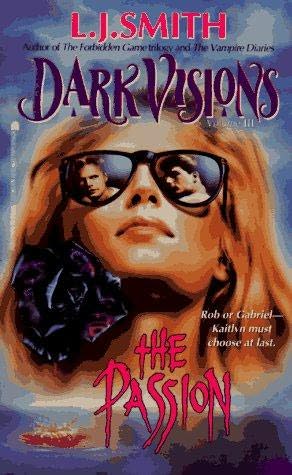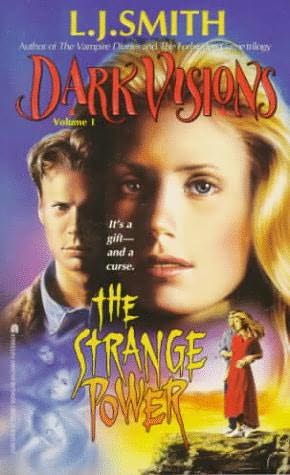 Dani has been trained as a thief by the best - her mother. Together, they move from town to town, targeting wealthy homes and making a living by stealing antique silver. They never stay in one place long enough to make real connections, real friends - a real life. In the beach town of Heaven, though, everything changes. For the first time, Dani starts to feel at home. She's making friends and has even met a guy. But these people can never know the real Dani - because of who she is. When it turns out that her new friend lives in the house they've targeted for their next job and the cute guy is a cop, Dani must question where her loyalties lie: with the life she's always known - or the one she's always wanted.
Dani has been trained as a thief by the best - her mother. Together, they move from town to town, targeting wealthy homes and making a living by stealing antique silver. They never stay in one place long enough to make real connections, real friends - a real life. In the beach town of Heaven, though, everything changes. For the first time, Dani starts to feel at home. She's making friends and has even met a guy. But these people can never know the real Dani - because of who she is. When it turns out that her new friend lives in the house they've targeted for their next job and the cute guy is a cop, Dani must question where her loyalties lie: with the life she's always known - or the one she's always wanted.I'd been reading good things about Elizabeth Scott for a while, but Stealing Heaven is the first Scott book I've read, and I've definitely been missing out. I wasn't initially too excited about reading about about thievery, but then I remembered how much I loved (and still love) The Thief Lord
is the first Scott book I've read, and I've definitely been missing out. I wasn't initially too excited about reading about about thievery, but then I remembered how much I loved (and still love) The Thief Lord by Cornelia Funke, and reminded myself not to have preconceptions about books on a certain topic.
by Cornelia Funke, and reminded myself not to have preconceptions about books on a certain topic.
In Stealing Heaven , Scott does a masterful job of making the reader empathize with not only the main characters, but the secondary ones as well - even those who are not necessarily bundles of love, joy and morality. I often felt pity for Danielle's mother, who is seemingly incapable of happily leading any life but one of lies and crime, and who distances herself from anyone she might come close to truly caring for. Danielle, on the other hand, wants nothing more than to lead the "normal" life her mother abhors - to get a chance to have friends, or even to really know someone besides her mother. In my opinion, the best books are populated by people one could meet on the street, and this is definitely the case with Stealing Heaven. While the plot in the book is also interesting, well thought-out, and occasionally suspenseful, the characters are definitely the most important element.
, Scott does a masterful job of making the reader empathize with not only the main characters, but the secondary ones as well - even those who are not necessarily bundles of love, joy and morality. I often felt pity for Danielle's mother, who is seemingly incapable of happily leading any life but one of lies and crime, and who distances herself from anyone she might come close to truly caring for. Danielle, on the other hand, wants nothing more than to lead the "normal" life her mother abhors - to get a chance to have friends, or even to really know someone besides her mother. In my opinion, the best books are populated by people one could meet on the street, and this is definitely the case with Stealing Heaven. While the plot in the book is also interesting, well thought-out, and occasionally suspenseful, the characters are definitely the most important element.
There is also a romantic interest in Stealing Heaven , as one could guess from the above synopsis, and I suppose some might classify the book as a romance novel. However, I don't see it that way - there are strong romantic elements in the book, but they weren't what dominated my reading of the story. Rather, the struggles and hopes of the characters, not to mention the characters themselves, drove the novel forward and kept me reading attentively to the end. I would wholeheartedly recommend Stealing Heaven.
, as one could guess from the above synopsis, and I suppose some might classify the book as a romance novel. However, I don't see it that way - there are strong romantic elements in the book, but they weren't what dominated my reading of the story. Rather, the struggles and hopes of the characters, not to mention the characters themselves, drove the novel forward and kept me reading attentively to the end. I would wholeheartedly recommend Stealing Heaven.









